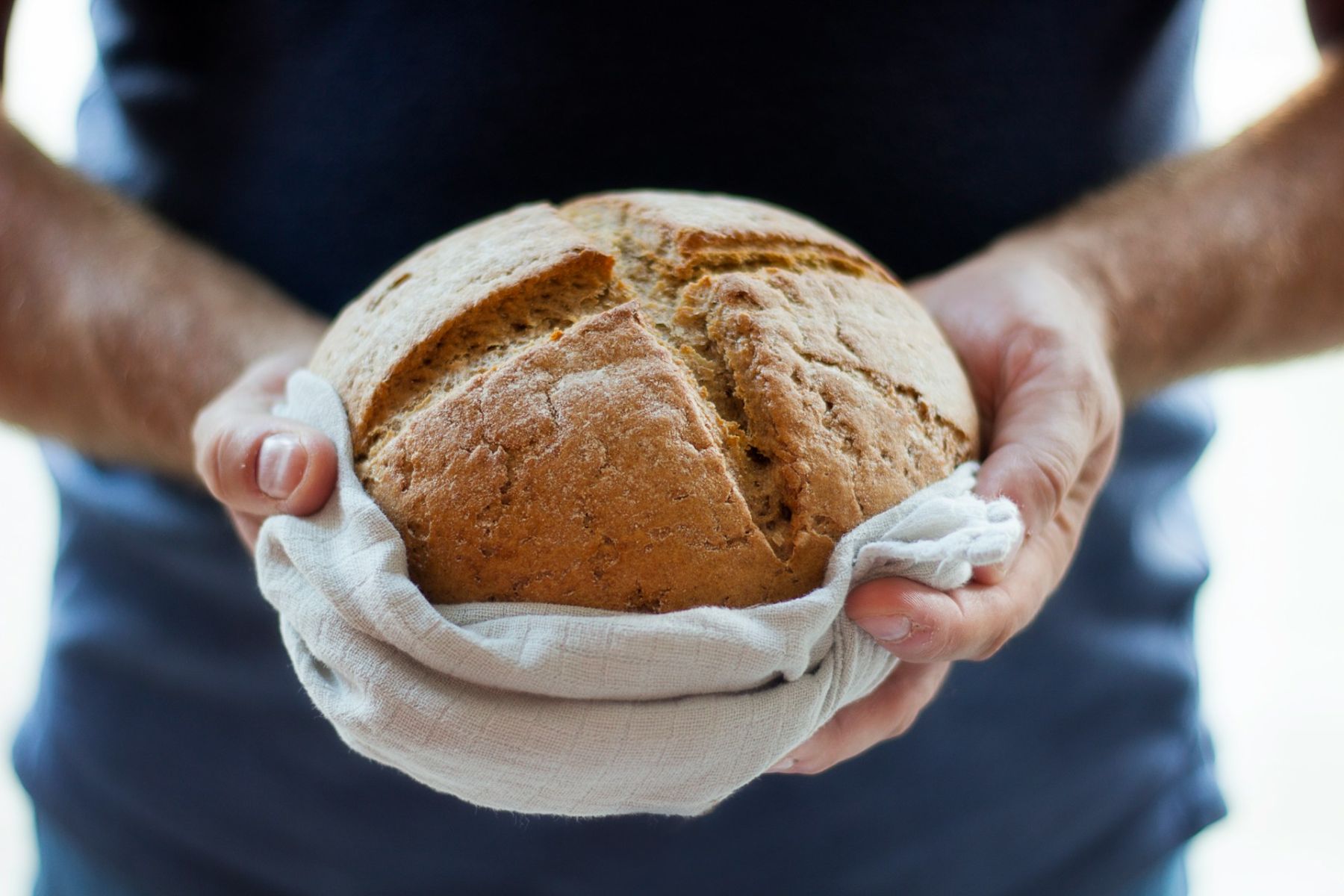Reflection for the 18th Sunday in Ordinary Time (2024)
Sometimes something good happens to us — and we don’t care why or how. Why ruin our good fortune by over-thinking it? Chill — it was meant to be.
We get a good deal — but we never stop to consider who’s paying for it. All we care about is that we got a beautiful shirt or a fashionable dress or a pair of great jeans at a bargain. We don’t make the connection between what we saved and the subsistence wages paid to the poor factory worker who made it.
We avoid a difficult situation and are relieved we don’t have to deal with it — but we ignore the fact that someone else will have to pick up the pieces or clean up the mess. We move on, happy that the problem will be dealt with for now — and, better still, by someone else.
In other words, we fill ourselves with the “loaves,” but we totally miss the “sign.”

In today’s reading from John’s Gospel, Jesus has just fed the five thousand with a few pieces of fish and scraps of bread. The next day the crowds are looking for Jesus because they want more such “signs,” but Jesus tries to explain to them that the signs themselves are not the point — the point is the compassion and mercy of God revealed in those signs. Jesus feeds the five thousand not to show that he can do it but to bring to light the compassion and mercy of God that are at the heart of the sign. That’s the work of God, Jesus says: to embrace the spirit of God’s forgiveness, love and justice — the “signs” of God in our midst that enables us to work similar wonders.
The “works of God” that Jesus speaks of in today’s Gospel are realized when we can see beyond our own needs and wants to understand the plight of others, when we understand that the blessings we have received are meant to be shared. Perhaps the most difficult challenge of our time is to accomplish the “work” of God while “working” to establish and succeed in our careers, to make a place in our homes and hearts for the “bread” that is Christ amid the “fast food” being shoved in our faces from every direction.
May God give us the wisdom to live lives grounded in the “food that endures” beyond the fleeting and the perishable, the “bread of heaven” that feeds and nurtures us for our own life’s. This is the “bread of God” that Jesus speaks about in today’s Gospel: selfless compassion, grace and gratitude – the food that will not perish, the food that nurtures all that is good, the food that sustains us on our journey to meaning and purpose. Jesus reminds us in today’s Gospel that the Eucharist demands more than the opening of our hands to take and our mouths to consume – the Eucharist demands that we open our hearts and spirits, as well, so that we may become what we receive. May this bread enable us to do the “work” of forgiveness and justice that is of God; may we become the “bread of God,” signs of God’s grace in our midst.